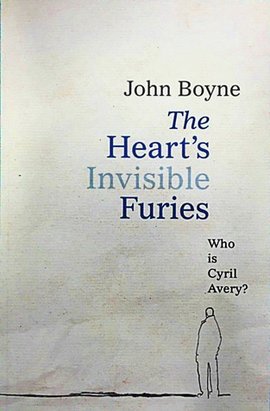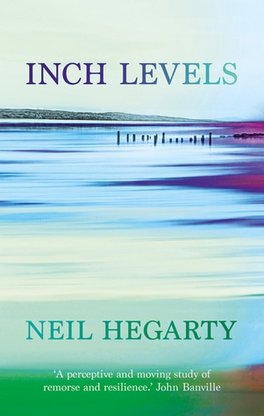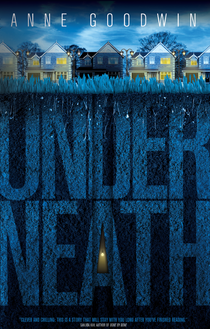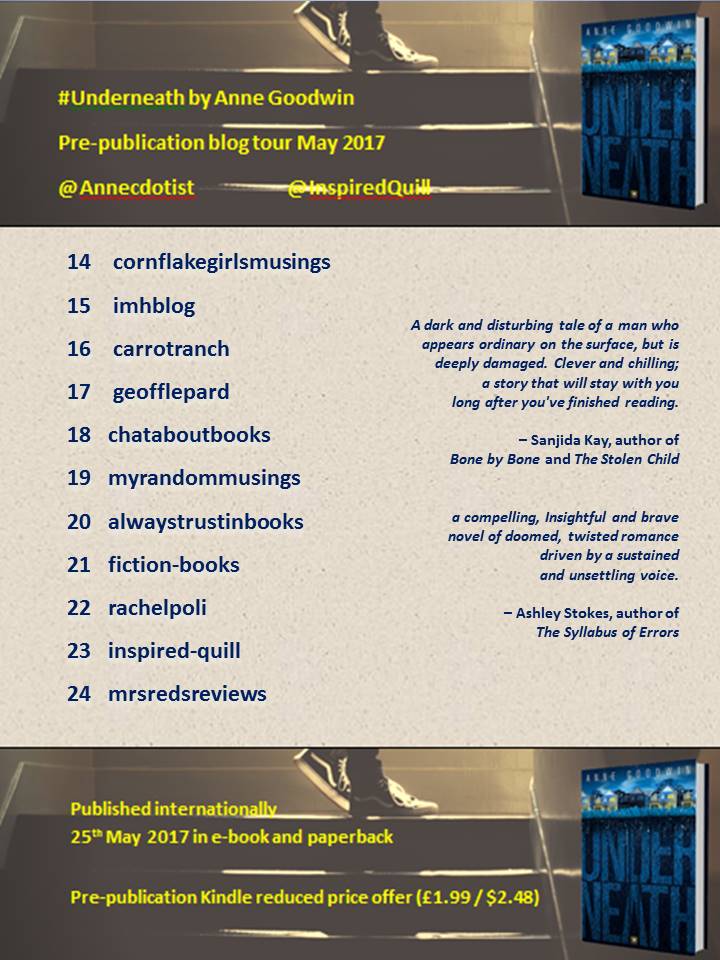We first meet Cyril Avery as a foetus in the womb of a sixteen-year-old girl exiled from her rural Cork community in a shocking opening scene in a Catholic church. She manages to save herself by finding work the parliament canteen while Cyril is adopted by a wealthy, but decidedly odd, couple whose main contribution to his emotional development is constant reminders he’s not a real Avery. But parental neglect is not Cyril’s only challenge as John Boyne plots his progress across seven decades in parallel with the changes in Catholic Ireland. Cyril is gay in a virtual theocracy that would deny his very existence (p209):
It was a difficult time to be Irish, a difficult time to be twenty-one years of age and a difficult time to be a man who was attracted to other men. To be all three simultaneously requires a level of subterfuge and guile that felt contrary to my nature. I had never considered myself to be a dishonest person, hating the idea that I was capable of such mendacity and deceit, but the more I examined the architecture of my life, the more I realized how fraudulent were its foundations.
Cyril’s story is related with a gentle humour that occasionally veers off into farce. But there’s no doubt of the anger behind the tragedy of a man born in the wrong time and place. His Ireland is a culture of hypocrisy, violence and perverted morality and even New York, where Cyril lives with his Dutch partner for several years, is intolerant of homosexuality in the era of AIDS.
As with John Boyne’s previous novel, A History of Loneliness, I found The Heart’s Invisible Furies both an absorbing read and a writing tutorial. Like Diana, in my debut novel, Sugar and Snails, Cyril’s need to keep an essential part of himself secret takes its toll not only on him but on those he cares about. It was particularly helpful to reflect on the parallels with my current WIP, and hopefully my third novel, currently known as High Hopes, where I’m tussling with the balance of tragedy and comedy as well as how to manage the series of chance encounters between two people who yearn to connect but continually fail to do so. When, in The Heart’s Invisible Furies, Cyril crosses paths with his biological mother it’s left to the reader to recognise the poignancy of the moment. On the other hand, much as I admired John Boyne’s capacity to bring more than a touch of humour to Cyril’s plight, I thought, especially as the novel moves into the twenty-first century, the comedy was occasionally overdone (with one scene in particular, where two sets of prospective grandparents meet up outside a maternity ward, almost slapstick in its representation of bigotry) and coincidence (although perhaps unavoidable in this type novel).
Nevertheless, this is a highly accomplished novel travelling through Irish and LGBT history. Despite the humour, it’s a serious portrayal of the burden of a marginalised identity and timely warning about the politics of prejudice. Thanks to Doubleday for my proof copy.
Because this is how it is with secrets. So he realised now. They stay intact – it is an easy matter to keep a secret, in spite of what people say: but the price is a defamation of the soul; and eventually, the secret will create a hollow which the soul had once inhabited.
Terrible violence lurks behind the beautiful landscape of Ireland’s north coast. A father who takes a belt to his child; another child’s body washed up on the shore; the bombs of the Troubles; and the soldiers fighting the rest of Europe’s war. Then there’s the quiet violence of a mother’s love withheld and the false selves and secrets that takes its place.
The novel focuses on two generations of one family, beginning with the violence of illness as Patrick, a thirtyish schoolteacher, lies in his hospital bed, dying of cancer. His visitors – especially his distant mother, Sarah, and his despised brother-in-law, Robert, but even his beloved sister, Margaret – are unwelcome, as his mind meanders through the past and he rages at a life stolen from him before it had really got going. Like Patrick’s unbridled thoughts, the novel circles through time and through the minds of the main characters, drawing ever closer towards the stories that cannot be shared.
With beautifully lyrical language, the structure works in the main, but I sometimes lost track of not only what I knew but what I was hoping to discover. For me, the reveal was a little too late but, nevertheless, Neil Hegarty’s debut novel is a compelling literary exploration of the geography and recent sociopolitical history of the North of Ireland, the impossibility of leaving home when one is psychologically homeless and the sterility of family bonds when love is not equal to the truth. Thanks to Head of Zeus for my review copy.

























 RSS Feed
RSS Feed





















